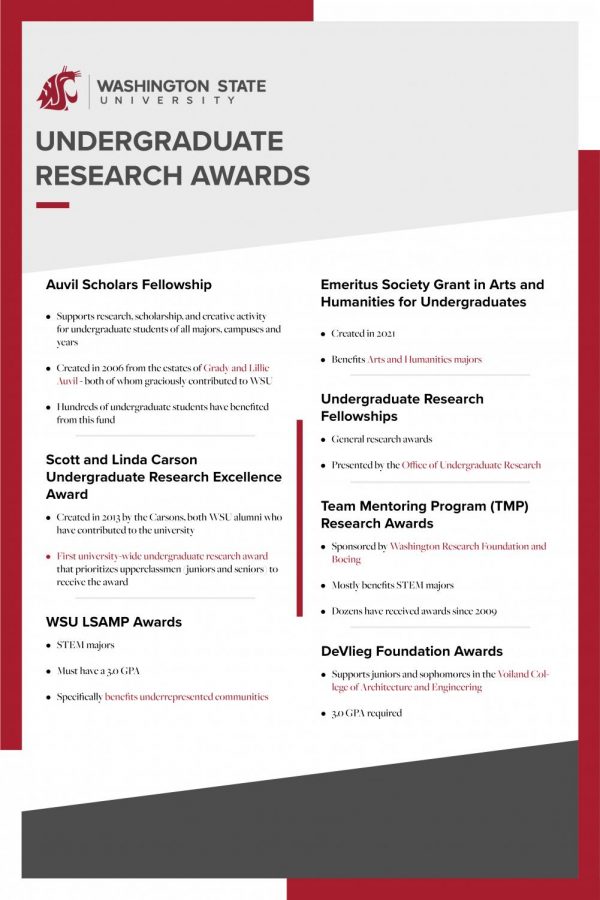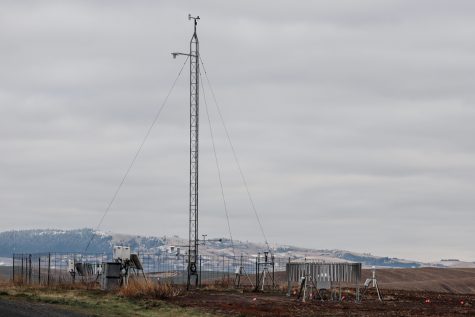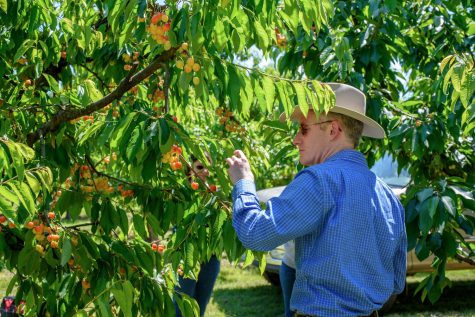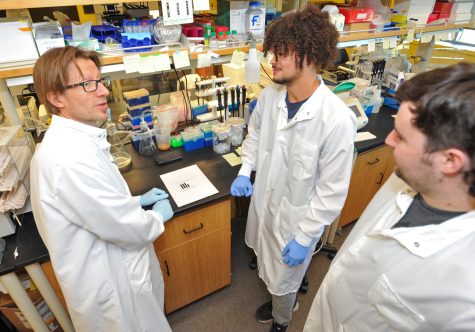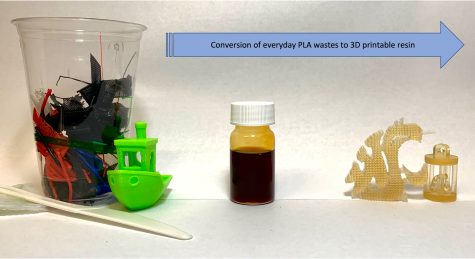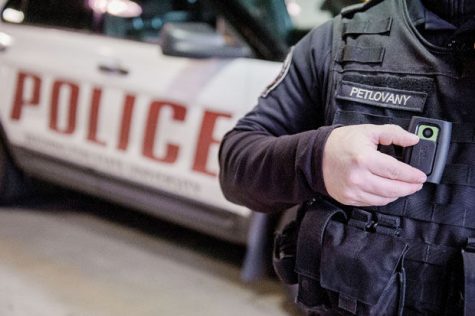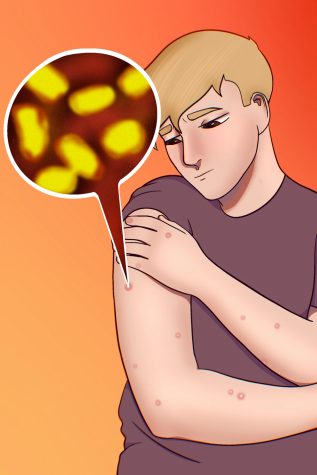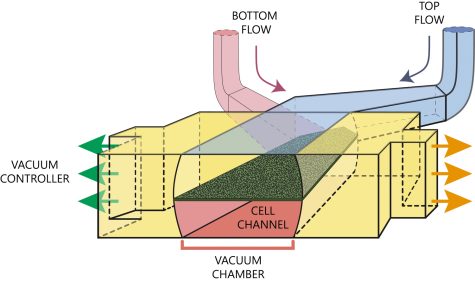Research award applications open
Each award category will award multiple students; open until Jan. 21
There are seven award categories. Last year, there were 33 different recipients, but recipients may win multiple grants.
December 9, 2021
The WSU Office of Undergraduate Research opened up applications until Jan. 21 for seven undergraduate research awards.
Most of the awards are inclusive to students from all disciplines, backgrounds and stages of academic progress, said Colin Mannex, associate director of the Office of Undergraduate Research.
Each undergraduate research award has different individual awards for students, so several students can win grants under the seven award categories, Mannex said. Last year, there were 33 different recipients. This year, Mannex is hoping for more.
The Auvil Scholars Fellowship and the Undergraduate Research Fellowships are general awards that are the most inclusive of the available scholarships. The Scott and Linda Carson Award is primarily for upper-division students, he said.
There are also the Louis Stokes Alliance for Minority Participation and the Team Mentoring Programs awards, which are primarily geared towards STEM majors from underrepresented communities and first-generation students, Mannex said.
The most selective of the awards is the DeVlieg Foundation Awards, which serves students in the Voiland College of Engineering and Architecture. The GPA requirement is higher, but the award money is also higher, he said.
The newest of the awards, the Emeritus Society Arts and Humanities Grant for Undergraduates, benefits non-STEM majors. It can include students in psychology, anthropology, music, history and English, Mannex said.
“There’s one application for the entire list of awards and you can apply for multiple awards in one go,” he said. “So in some cases, you might be able to double dip or triple dip.”
The Office of Undergraduate Research has $70,000 that will be administered to the seven different awards, with amounts ranging from $1,500 to $9,000, Mannex said. A faculty mentor needs to authorize an application before a student can receive an award.
If students receive an award, they will need to present their research at the Showcase for Undergraduate Research and Creative Activities the following year where students will have the opportunity to win cash prizes. Presentations for the next showcase will take place in the Compton Union Building on March 28, he said.
These award scholarships began in 2006 with the Auvil Scholars Fellowship, provided by the estate of Grady and Lillie Auvil, said Assistant Vice Provost Mary Sánchez Lanier.
Since its beginning, 300 awards have been granted, said Beverly Makhani, director of communications and marketing for the Division of Academic Engagement and Student Achievement.
“It demonstrates how important gifts are to WSU and the impact it can have on students for decades, literally,” Sánchez Lanier said. “And in this case, decades after Grady and Lillie passed away.”
The biggest benefit to these awards is the money they provide. For many students, these awards define whether they have to work a job outside of the university or if they can spend more hours in the laboratory. Many recipients have been able to decrease work hours with the awards, she said.
Receiving one of the awards can also be a confidence boost to encourage students to pursue their aspirations, Sánchez Lanier said. Recipients of these awards can also use them for future employment applications and graduate school.

